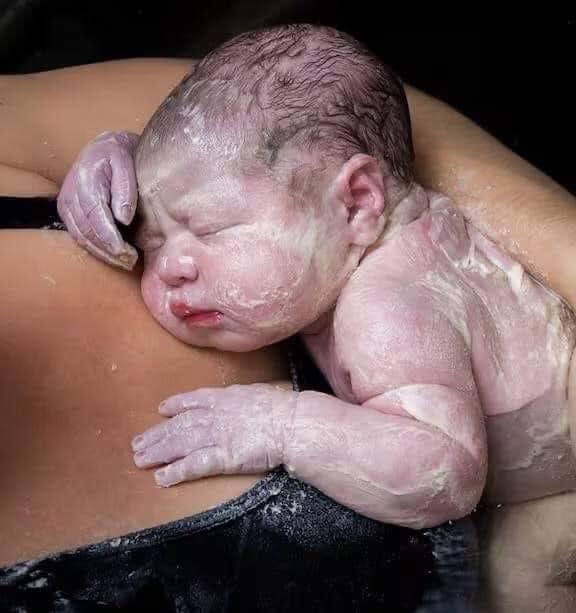Sleepwalking and sleep talking are members of a group of sleep disorders called parasomnias. Though it’s not known just exactly why children walk and talk in their sleep neither are considered to be serious disorders, and are not result of any physical or psychological problem. Both occur during a child’s deep sleep, approximately one to three hours after falling asleep.
Sleep talking occurs more often than sleep walking in children, though they often do occur together. Parasomnias tend to run in families, and children may experience one, two, or all three types.

Of course, the main concern parents have for their sleepwalking child is their safety. A sleepwalking child does not have the judgment capabilities he normally does during waking hours, which makes the likelihood of injury when sleepwalking great. It may be difficult for parents to protect their sleep-walking children, since they don’t make much noise, which makes it difficult for parents to tell when their children are sleepwalking. The best way to protect their children is to be prepared. Parents should completely evaluate their child’s room for any potential hazards. Bunk beds or any bed that’s high off the floor is probably not a good idea for a sleepwalker. Toys, shoes, and any other objects on the floor should be picked up and put away prior to bedtime. Bedroom doors should be shut and windows should be locked, which will help ensure the child stays in his room and does not wander around the house. Alarm systems for doors, windows and even the sleepwalker’s bed might also be considered by parents. Sleepwalking usually stops by the child’s adolescence, and as long as safety precautions are taken, should not be a great cause of concern.

Sleep talking is much more common parasomnia. Children who talk in their sleep may speak very clearly and be easily understood, while others may mumble, make noises or be incoherent. If children are speaking loudly and seem upset, it might be a good idea for parents to go to their children and comfort them without waking them. If they’re simply talking, it’s best just to leave them alone. The episode will probably end within a short period of time.


